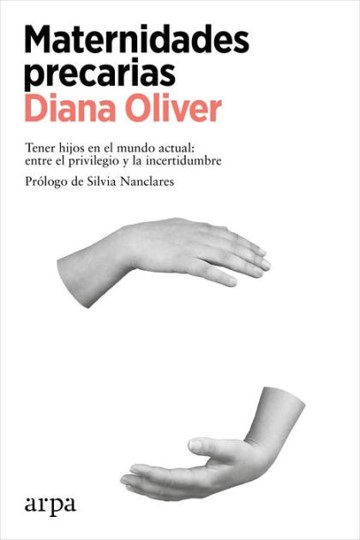
In Spring 2022, Global Studies Prof. Lindsey Reuben gave a presentation on her forthcoming book entitled Unraveling Domesticity: Economies of the Home in Modern Spanish Literature. Her book focuses on motherhood and social movements in Spanish literature. She gave us a sneak preview of the book by sharing an excerpt of her talk with us:
Since the 2008 economic crisis, Spain has experienced a boom of social movements that have fundamentally shaped the face of politics. It is now common to hear mainstream conversation around reorganization of structures of care, from the right and the left. In fact, a “politics of care” has become a catch phrase in many of these debates. In light of this contemporary moment, I’d like to pose the controversial question: is turning toward a political administration of care enough?
Contemporary Spanish literature in particular has experienced its renaissance moment in tackling this question.

Writers such as Carolina León, Clara Serra, Carme Riera, Silvia Nanclares and Diana Oliver have created a niche in their exposing the most intimate of moments, desires, and choices all inherent to the realm of the domestic sphere. They have laid bare the incoherencies that arise in considering motherhood in the 21st century through the lens of the political. In particular, these books have provided a frame within which writers can rethink the ideological appropriation of motherhood, particularly as it has been seen from the right. As Nanclares argues, this literary turn unearths a space to reconsider motherhood that is far from a regression toward a “conservative” line of thought. On the contrary, it offers a platform that poses countless questions—questions that peck away at any moral or righteous conceptualization of motherhood and questions that dismantle the neoliberal varnish that coats the collective social mentality of the 21st century. Questions that beg for answers but answers that have yet to be found. In the books, there is a common plea for political visibility and representation but also a common concern that political visibility inadvertently adds to the violence that women experience when they attempt to find conciliation between motherhood and their professions.

One concern that weaves these texts together is the concept of “professional freedom” promised by late capitalism that also arose in direct response to the invisible conditions of motherhood and household work in liberalism. As women have been pulled away from the home and into the professional sphere of work, domestic work remains invisible and abject. As Oliver points out in her text, in the absence of structural change in late capitalist society, the same women who have now “broken the glass ceiling” can only be successful if they rely on the invisible labor of others, most of whom are precarious domestic workers and most of whom are typically undocumented immigrants, all of them women. We have to see motherhood and domestic labour in another light, argues Oliver. Mothers and home makers are not the invisible Victorian constructs that were needed for liberalism. Motherhood and care work have the potential to be something quite powerful that could easily destabilize the current system. But the work, the toil, the labor, and the subtle violence that women are interpolated with on a corporal and emotional level continue to be dictated in direct correlation to the needs of the system—whether it be having more children for an industrial society—or having less children as there is less need for a human workforce.
